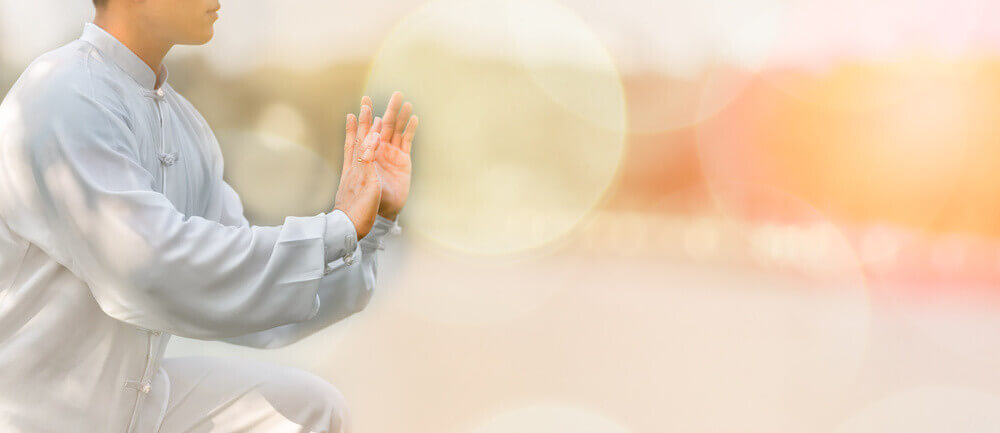Tai Chi, also known as T’ai chi or T’ao piano, is an ancient internal Chinese martial art renowned for its benefits to meditation, physical fitness, and overall health. “Tai Chi” means “wind, water, fire, and earth,” reflecting the harmony and balance central to this practice. Originally developed as a method of self-defense, Tai Chi has evolved into a holistic exercise that promotes physical well-being and mental clarity.
Tai Chi offers a unique approach to improving health and relaxation by integrating slow, deliberate movements with mindful breathing. This article will explore Tai Chi’s origins, benefits, and how to start with this ancient practice.
What is Tai Chi?
Tai Chi is often misunderstood as merely a form of physical exercise, but it is much more than that. It is an internal martial art that emphasizes the connection between the mind and body. While it may not involve high-intensity cardiovascular activity, Tai Chi focuses on improving overall health by strengthening muscles, enhancing balance, and reducing stress. This practice consists of a series of gentle, flowing movements that are performed with mindfulness and concentration. Unlike conventional exercise routines, Tai Chi is not aimed at building muscle mass or improving cardiovascular fitness. Instead, it fosters a sense of internal balance and well-being.
Origins and Historical Context
Tai Chi is believed to be the oldest known martial art in the world, with its roots tracing back to ancient China. It was initially developed as self-defense and has since evolved into a practice emphasizing health, relaxation, and mental focus. The practice integrates principles from Chinese philosophy, particularly concepts related to Qi (life force energy) and Yin-Yang (the balance of opposing forces).
Benefits of Tai Chi
Tai Chi offers a wide range of benefits that contribute to both physical and mental well-being. Here are some of the key advantages:
Physical Health Benefits
- Improves Flexibility and Strength: Regular practice of Tai Chi enhances flexibility, strength, and muscle tone. The slow, controlled movements help to build strength in various muscle groups while promoting joint mobility.
- Enhances Balance and Coordination: Tai Chi is renowned for improving balance and coordination. The practice involves weight shifting and controlled movements that help to strengthen the core and improve overall stability.
- Boosts Immune System: Engaging in Tai Chi can strengthen the immune system, reduce illness likelihood, and enhance overall health.
- Reduces Fatigue and Increases Energy: Tai Chi can help alleviate fatigue and boost energy levels by promoting relaxation and reducing stress.
Mental Health Benefits
- Reduces Stress and Promotes Relaxation: Tai Chi’s meditative aspect helps to calm the mind and reduce stress. The focus on breathing and movement encourages relaxation and mental clarity.
- Enhances Concentration and Attention: Practicing Tai Chi requires mental focus and concentration, which can improve cognitive functions and attention span.
- Promotes a Sense of Peace and Serenity: Many practitioners report a deep sense of peace and inner calm after engaging in Tai Chi. This sense of serenity can contribute to overall emotional well-being.
Getting Started with Tai Chi
If you are new to Tai Chi, it is essential to approach the practice with proper guidance and understanding. Here are some tips for getting started:
Finding a Tai Chi Class
- Local Tai Chi Schools: Look for Tai Chi schools or studios in your area that offer classes for beginners. Experienced instructors can provide valuable guidance and ensure you learn the practice correctly.
- Online Courses: If you prefer learning at your own pace, consider enrolling in an online Tai Chi course. Many reputable platforms offer instructional videos and tutorials.
Preparing for Practice
- Consult Your Doctor: If you have any medical conditions or concerns, consult your doctor before starting Tai Chi. It is essential to ensure that Tai Chi suits your health condition.
- Wear Comfortable Clothing: Tai Chi does not require specialized clothing or equipment. Wear comfortable, loose-fitting clothes that allow for unrestricted movement.
- Use a Mat: A yoga mat or soft surface can provide added comfort during practice, especially when performing movements on the floor.
Common Misconceptions About Tai Chi
- Not Just Physical Exercise: Unlike traditional exercise routines, Tai Chi focuses on integrating mind and body rather than cardiovascular fitness or muscle building.
- Different from Yoga: Although Tai Chi and Yoga involve mindful movement and relaxation, Tai Chi emphasizes fluid, continuous movements and mental focus, while Yoga often includes static poses and stretches.
- Not Meditation Alone: Tai Chi incorporates elements of meditation but is not solely a form of meditation. It combines physical movement with mental focus to enhance overall well-being.
Final Words
Tai Chi offers a unique approach to health and wellness. It combines gentle movements with mental focus to promote physical and emotional balance. Whether you want to improve your flexibility, reduce stress, or enhance your overall well-being, Tai Chi provides a holistic solution that can be adapted to various fitness levels and lifestyles. You can embark on a journey toward better health and inner peace by exploring Tai Chi through local classes or online resources.
FAQs
Q1: What is the main focus of Tai Chi?
Tai Chi integrates the mind and body through gentle, flowing movements that enhance physical strength, balance, and relaxation.
Q2: How does Tai Chi benefit physical health?
Tai Chi improves flexibility, strength, balance, and coordination while boosting the immune system and increasing energy levels.
Q3: Can Tai Chi help with stress reduction?
Yes, Tai Chi promotes relaxation and mental clarity, which helps to reduce stress and improve overall emotional well-being.
Q4: Is Tai Chi similar to Yoga?
While Tai Chi and Yoga involve mindful movement, Tai Chi emphasizes continuous, flowing movements and mental focus, whereas Yoga typically includes static poses and stretches.
Q5: Do I need special equipment for Tai Chi?
No, Tai Chi does not require specialized equipment. Comfortable clothing and a mat or soft surface are sufficient for practicing this martial art.
